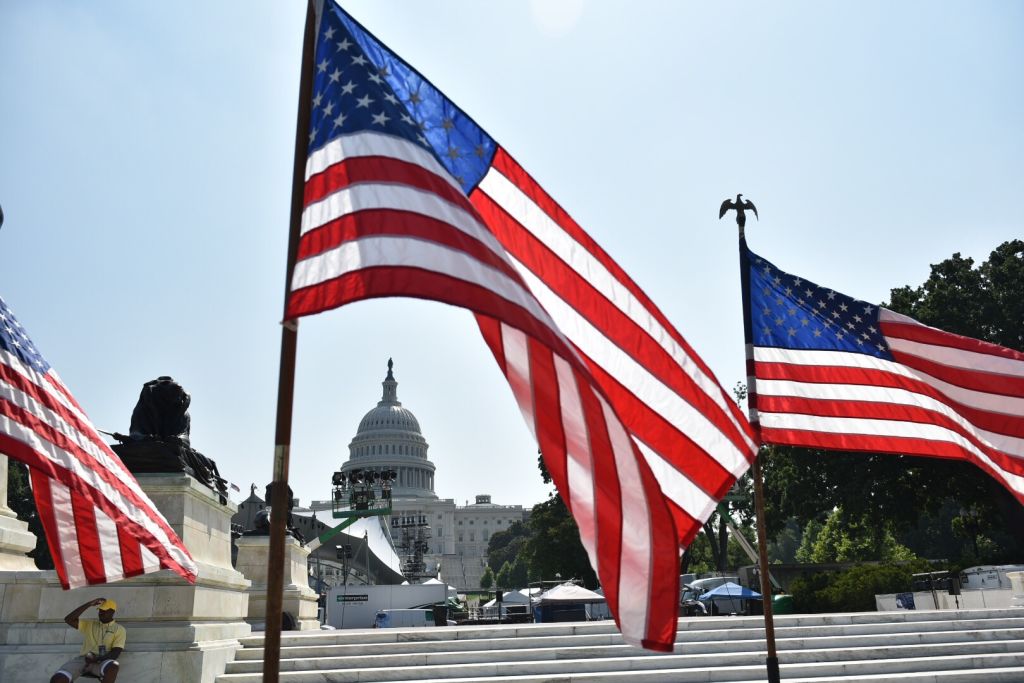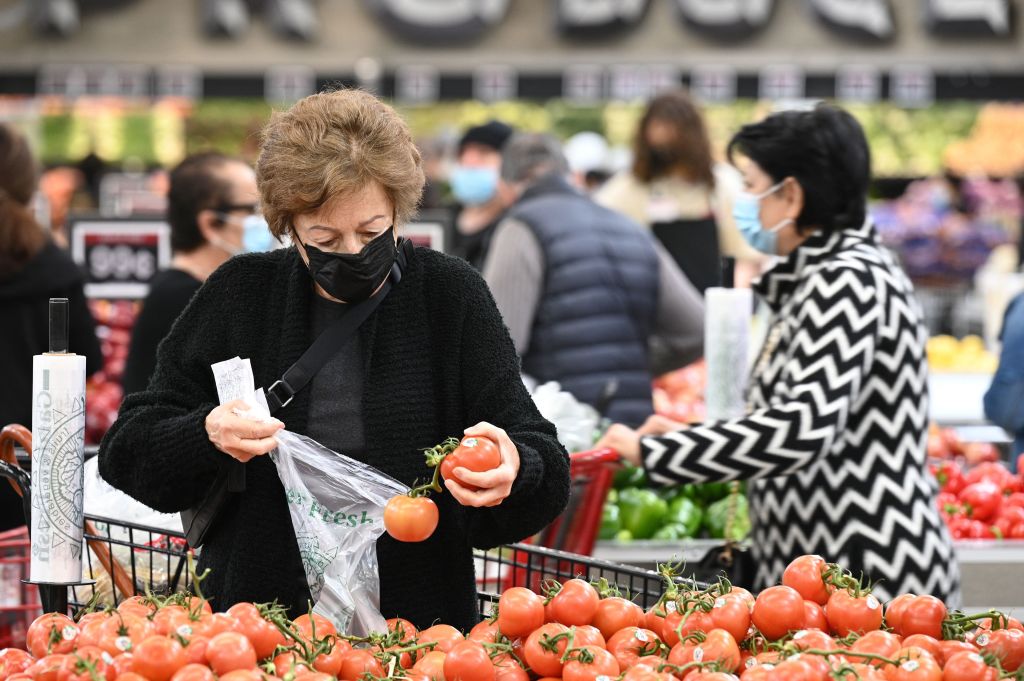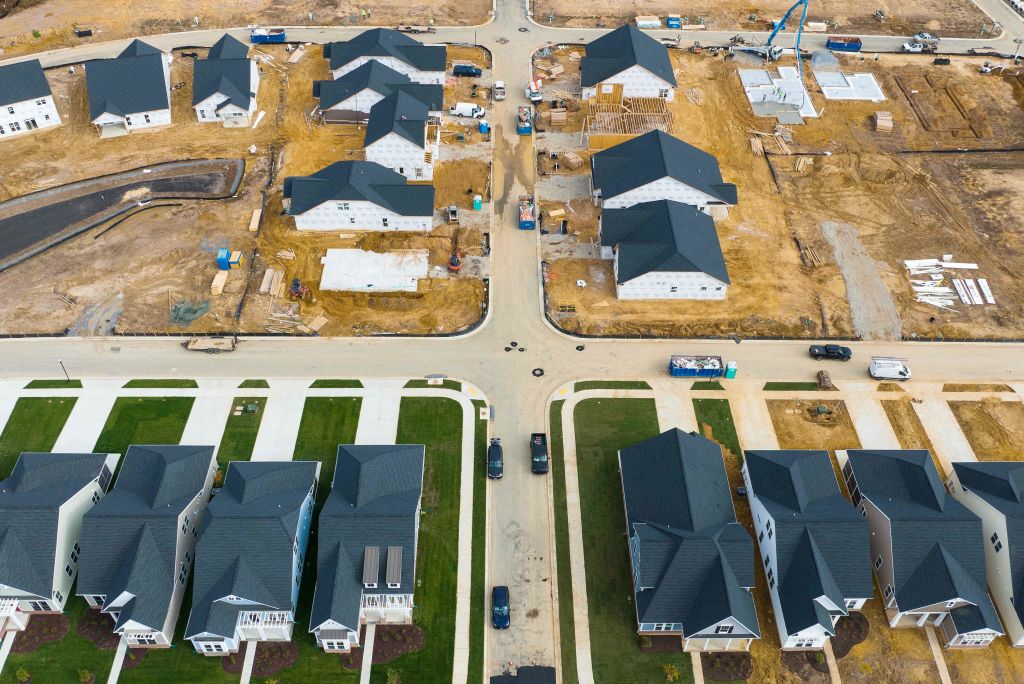Disease threatens as Kashmir flood waters turn fetid
Indian emergency workers on Monday battled to prevent waterborne diseases like cholera from spreading as fetid water swilled around the Kashmir valley more than a week after the worst flooding in more than a century.
More than 75,000 people were still in partly submerged homes in Srinagar, Kashmir's main city of more than a million people, where roads have been transformed into stagnant canals strewn with wreckage, trash and dead animals.
"Floating carcasses have become a big source of worry with most houses still waterlogged. We are struggling to get in touch with government health officials," said Abul Syed Rahman, who owns three hotels in Kashmir.
Altaf Hussein, a pediatrician who was treating flood victims in improvised camps, complained of shortages of life-saving drugs, intravenous fluids and sanitary products.
"We need aerial fumigation ... as these waters can cause waterborne diseases, including cholera," said Hussein.
Both the Indian and Pakistani sides of the disputed Himalayan region have seen extensive flooding this month with Srinagar particularly hard hit. Hundreds of people have been killed and tens of thousands are homeless.
Authorities say the cost of damage in Indian-administered Kashmir may run into billions of dollars.
There were signs the relief operation was gaining traction as authorities brought in heavy-duty pumps to evacuate water from low-lying residential areas, including two from state-controlled Indian oil company ONGC.
The federal government delivered 25 water filtration plants with the capacity to filter 400,000 liters a day, and 13 tonnes of water purification tablets.
More than 200,000 people have been rescued in the past eight days and communication networks partially restored.
"Finally, we are seeing some government officials trying to restore basic services. In the last eight days we had no help from the government," said Alam Wani, a Srinagar bank official.
Wani's two-storey house has been partially submerged since the onset of torrential rain, forcing him to move into a mosque with his family of eight.
HOSPITALS FLOODED
Hospitals were flooded when the Jhelum river burst its banks and staff scattered around the city were unable to get to work. Doctors were running out of medicines and surgical equipment as they struggled to provide emergency services in makeshift medical centers.
"Our medical headquarters is totally under water. It is very difficult to deal with critical cases. Thousands of patients need antibiotics and diabetics require insulin," said doctor Hina Rahman.
Another doctor, Nisar Bhat, said he had treated more than 30 patients suffering from gastroenteritis in the last 24 hours.
Doctors said flood waters had damaged expensive equipment like magnetic resonance imaging (MRI) and X-ray machines.
People have been coming in with respiratory infections and gastric problems, said Zubair Khwaja, a doctor who normally works at Sher-i-Kashmir Institute of Medical Sciences but has been volunteering with the Muslim Students Board, a group that runs a religious school in Srinagar.
Municipal authorities said they had started collecting rubbish from pools of stagnant water and the fire department was using 20 fire engines to pump out waterlogged areas.
With acres of stagnant water remaining in the city, Khwaja warned the risk of waterborne diseases would increase. "You can smell the air," he said.
(Reporting by Fayaz Bukhari, Krista Mahr, Rupam Jain Nair, Adnan Abidi; Editing by Janet Lawrence)
Reuters, All Rights Reserved 2015












